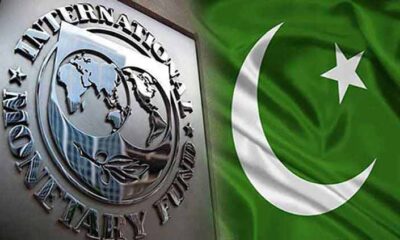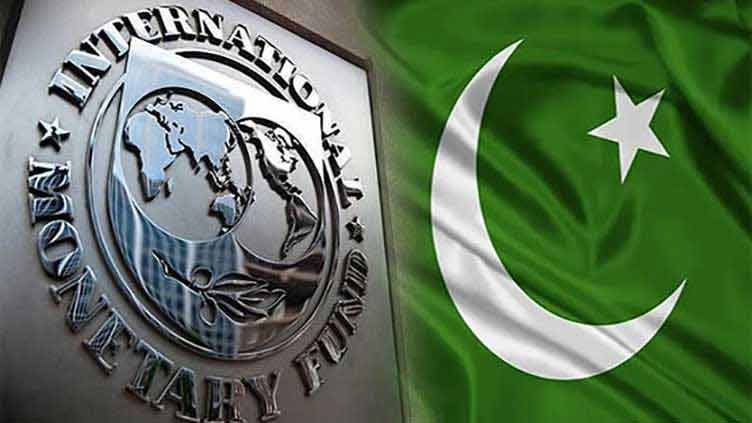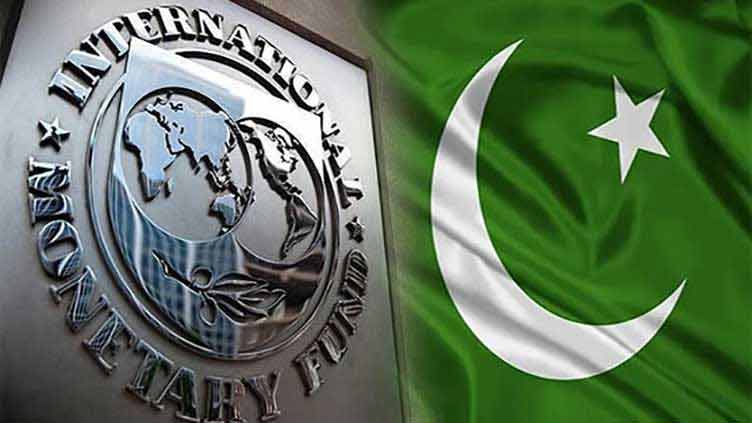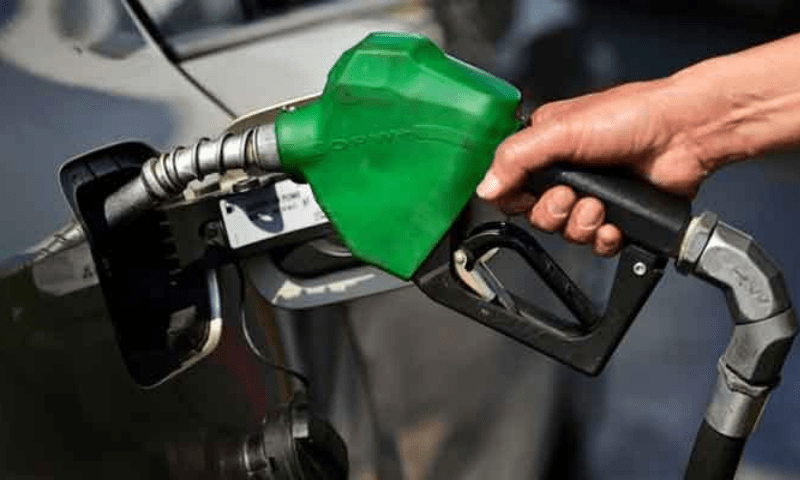Are you facing the uphill battle of trying to snag a position at coveted high-paying companies like Google, Facebook, or Microsoft?
Jermaine L. Murray, the seasoned career coach and brains behind JupiterHR, recognises the hurdles you face.
Let’s navigate the tricky terrain of job interviews together and ensure you avoid critical phrases that may create a bad impression in your interviewer’s sight.
These mistakes might be holding you back. So, avoid speaking them in your next job interview.
1. Don’t Say: “I’ll do anything”
Speaking this phrase may come across as desperation, lacking focus and specificity. Employers want candidates with a clear sense of what they can offer.
Instead, let them know you’re passionate about a specific role, showcasing flexibility without appearing desperate.
You should say: “I’m passionate about [specific role/task] and believe I could excel there, but I’m also open to other roles where I can contribute effectively.”
2. Don’t Say: “What does your company do?”
Asking about the company’s basic information suggests a lack of preparation and initiative. Employers expect candidates to research the company beforehand.
Instead, show initiative. Demonstrate your understanding of the company’s focus and inquire about specific initiatives.
You should say: “From my understanding, your company focuses on [what you know]. Can you share more about the current initiatives in [specific department]?”
3. Don’t Say: “I don’t have any weaknesses.”
Claiming perfection indicates a lack of self-awareness and an unwillingness to be reflective. Employers value individuals who acknowledge areas for improvement.
Instead, exhibit self-awareness. Acknowledge a specific weakness and showcase your commitment to improvement.
You should say: “A challenge I’ve faced is [specific weakness], but I’m actively working on it by [strategy/measure].”
4. Don’t Say: “I hated my last boss.”
Expressing strong negative feelings about a previous employer raises concerns about your ability to maintain professional relationships and handle conflicts.
Instead, navigate this tricky question with finesse. Share your differences with your previous supervisor, focusing on the learning experience.
You should say: “I had some differing views with my previous supervisor, but I learned a lot about communication and teamwork.”
5. Don’t Say: “I don’t know.”
Admitting ignorance without showing a willingness to learn can be detrimental. Employers want candidates who can problem-solve independently.
Instead, show a willingness to learn. Express interest in exploring the topic and outline your approach based on what you know.
You should say: “That’s something I’d be keen to explore. Based on what I know, I’d approach it this way…”
6. Don’t Say: “You can just check my resume.”
Merely pointing to your resume can make you seem dismissive and uninterested in providing additional insights.
Instead, use the interview as an opportunity to provide additional insights. Acknowledge your resume and offer more details to showcase your depth.
You should say: “Of course, that detail is in my resume. But to elaborate, [give a more detailed account].”
7. Don’t Say: “When do I start getting paid?”
Focusing solely on compensation can give the impression that money is your only concern. Employers want candidates who care about the organization’s mission and vision.
Instead, show a balanced interest. Express a desire to discuss the complete compensation package after exploring the role further.
You should say: “I’d appreciate it if we could discuss the entire compensation package once we’ve explored the role further.”
Mastering these shifts in your approach can turn a nerve-wracking interview into a mutually beneficial conversation, opening doors to your dream career opportunity.
Take charge, impress those hiring managers, and secure that high-paying job in 2024!

 Latest News2 days ago
Latest News2 days ago
 Latest News3 days ago
Latest News3 days ago
 Latest News3 days ago
Latest News3 days ago
 Latest News3 days ago
Latest News3 days ago
 Latest News3 days ago
Latest News3 days ago
 Latest News3 days ago
Latest News3 days ago
 Business3 days ago
Business3 days ago
 Latest News3 days ago
Latest News3 days ago























